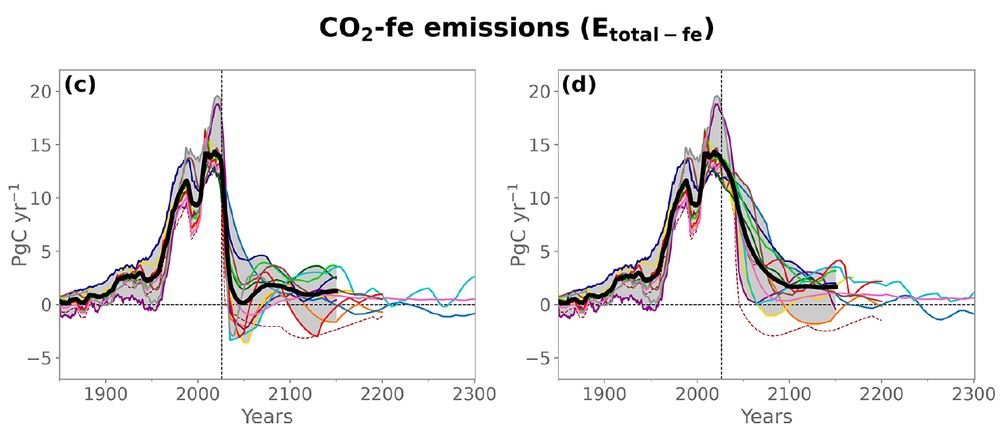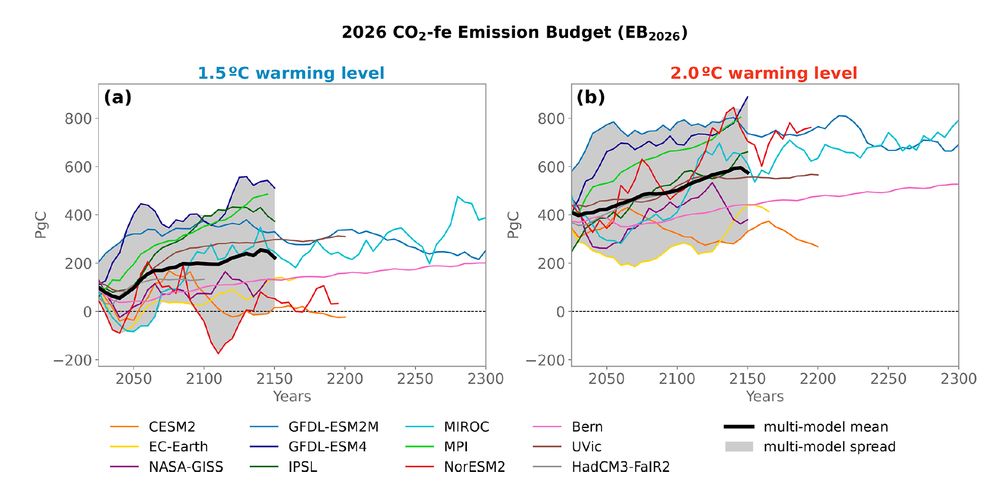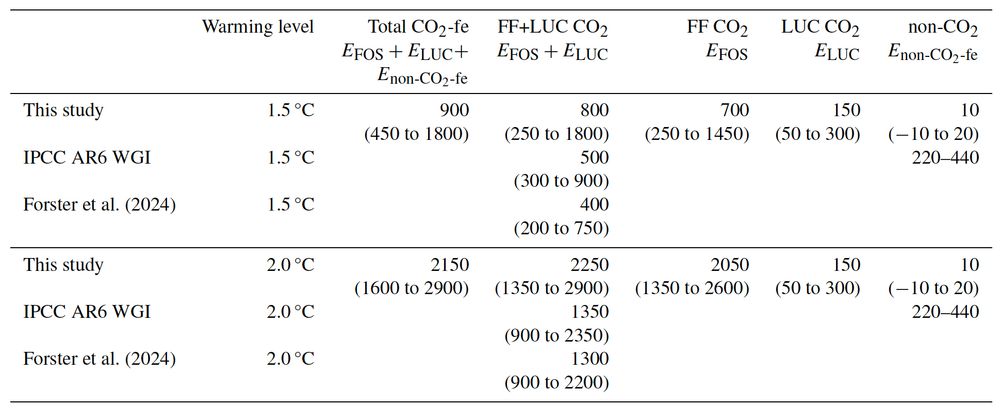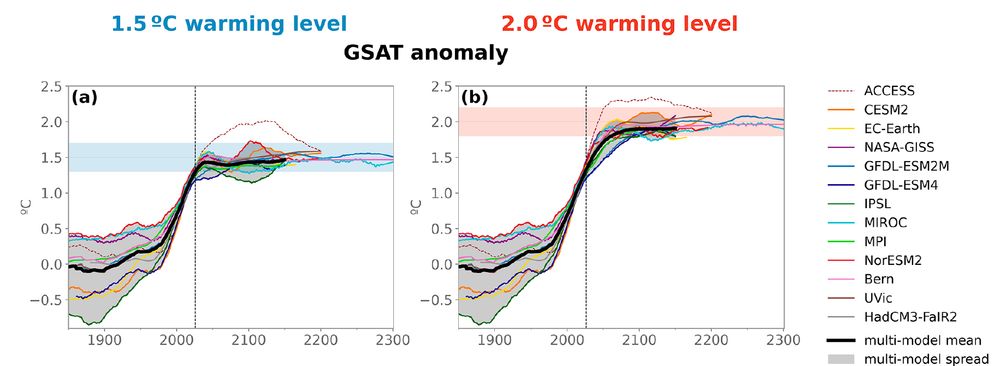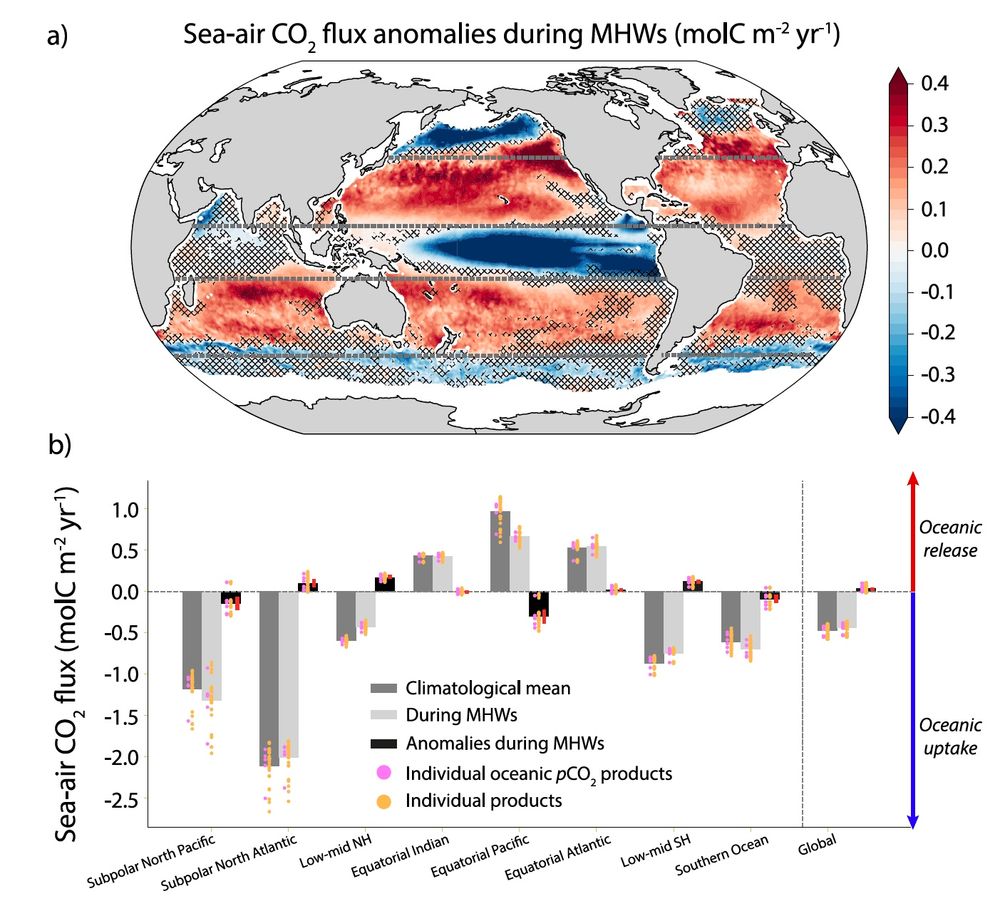What a fantastic evening! Thank you to the entire ocean modeling team and friends for their incredible effort. For one night, the Kuppelraum transformed into a "true" ocean, full of energy, visited by many, and filled with inspiring conversations.

What a fantastic evening! Thank you to the entire ocean modeling team and friends for their incredible effort. For one night, the Kuppelraum transformed into a "true" ocean, full of energy, visited by many, and filled with inspiring conversations.
Frölicher, T., & Jaccard, S. (2025). Why Switzerland Needs a Healthy Ocean: Global Interdependence and National Responsibility. Zenodo. lnkd.in/eMp5hN5d

Frölicher, T., & Jaccard, S. (2025). Why Switzerland Needs a Healthy Ocean: Global Interdependence and National Responsibility. Zenodo. lnkd.in/eMp5hN5d



We're hiring a postdoc in my group at the University of Bern, Switzerland, to study ocean tipping points and their impacts. The position is part of HEurope project TipESM (@tipesm.bsky.social). Feel free to reach out with any questions. 🌊
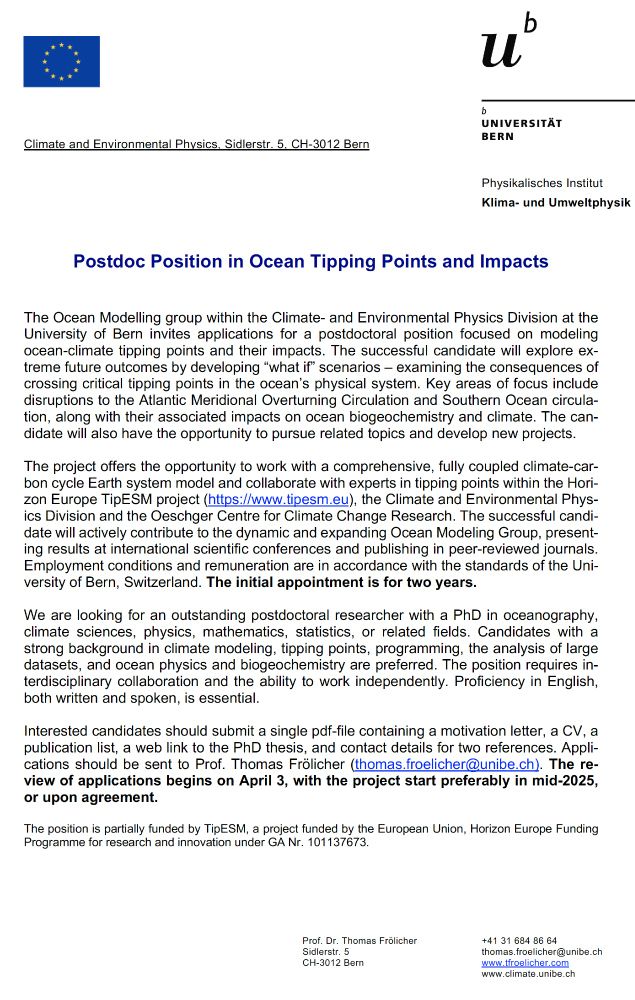
We're hiring a postdoc in my group at the University of Bern, Switzerland, to study ocean tipping points and their impacts. The position is part of HEurope project TipESM (@tipesm.bsky.social). Feel free to reach out with any questions. 🌊





